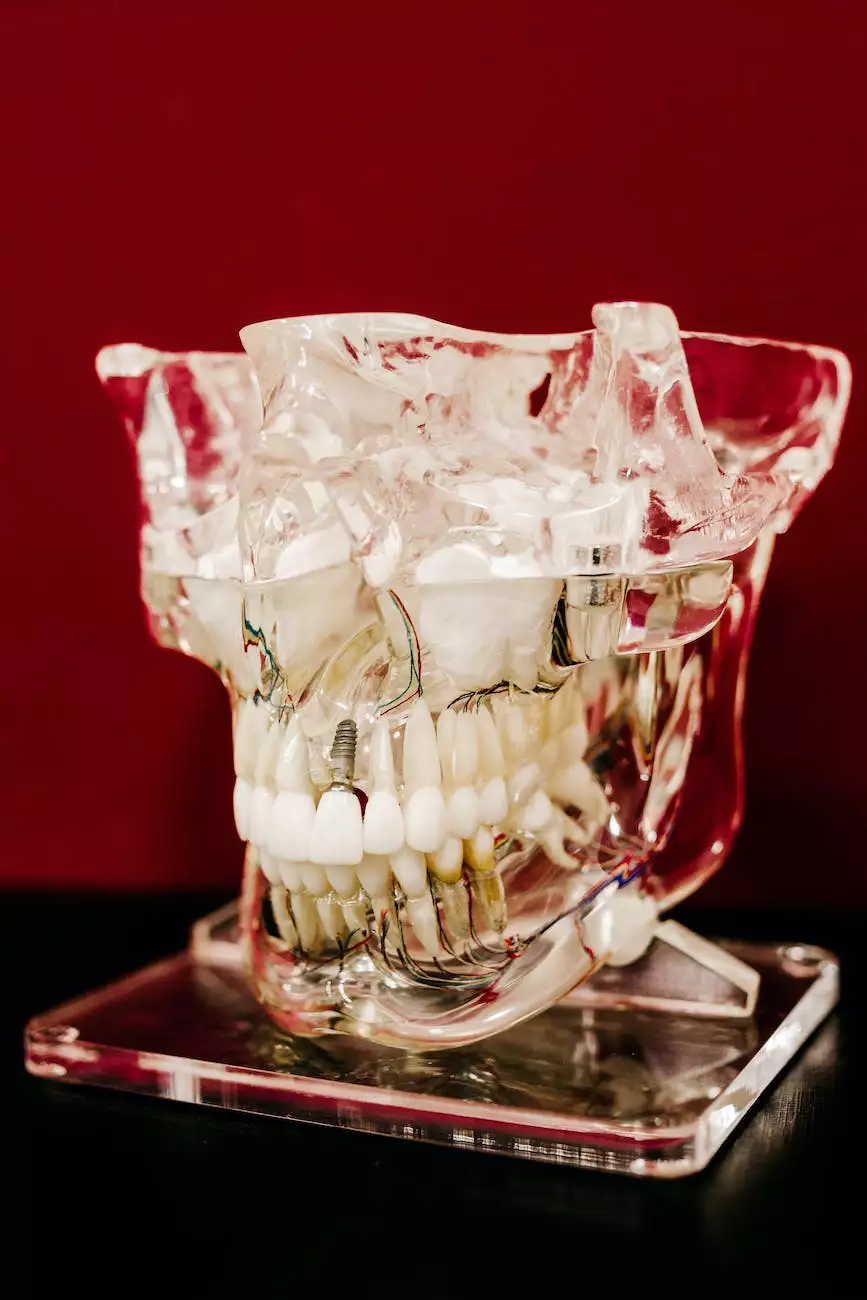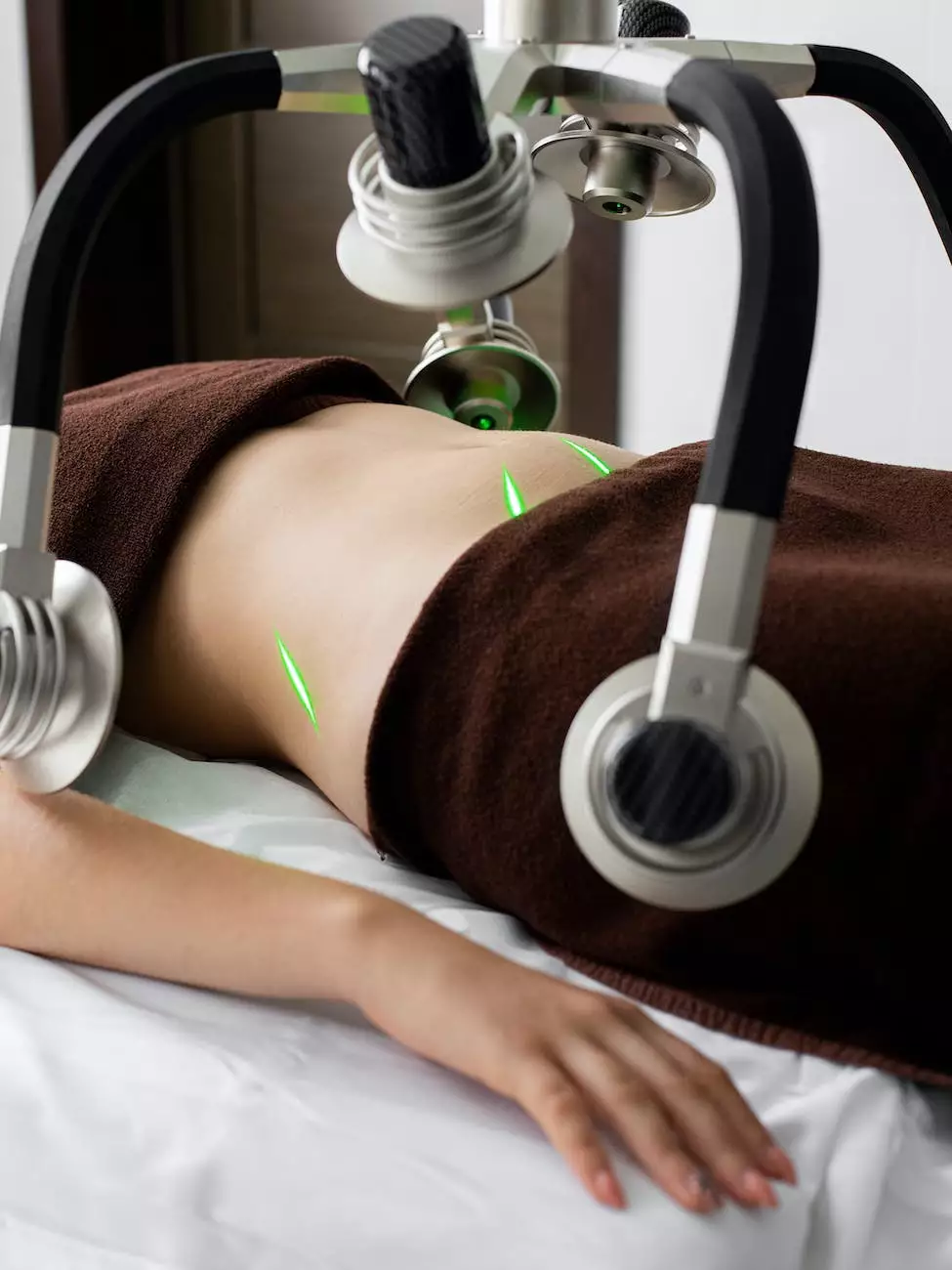Easy Fix for Post-Op Shivers? - Piedmont HealthCare
Piedmont HealthCare
About Bowling Orthopaedics
Welcome to Bowling Orthopaedics, a leading provider of comprehensive orthopedic care in the Piedmont region. With our expert team of highly skilled surgeons and healthcare professionals, we are committed to providing exceptional care and innovative solutions to help our patients achieve optimal health and well-being.
Understanding Post-Op Shivers
Post-operative shivering is a common occurrence among patients undergoing surgery. These shivers are involuntary muscle contractions that result in shaking or trembling sensations. While post-op shivers may seem harmless, they can be uncomfortable and contribute to prolonged recovery times if not properly managed.
Causes of Post-Op Shivers
The exact cause of post-operative shivering is not fully understood. However, several factors contribute to its occurrence, including:
- Anesthesia: The administration of anesthesia during surgery can disrupt the body's natural temperature regulation, leading to shivering.
- Body Heat Loss: During surgery, patients are often exposed to lower temperatures. This exposure can cause a drop in body temperature, triggering shivering as a response to regain warmth.
- Stress Response: The body's stress response to surgery can provoke shivering as a physiological reaction.
- Medications: Certain medications administered before, during, or after surgery may contribute to shivering as a side effect.
Impact on Recovery
While post-op shivering may seem like a minor inconvenience, it can have notable impacts on a patient's recovery:
- Pain and Discomfort: Shivering can exacerbate pain and discomfort, making the recovery process more challenging for patients.
- Muscle Fatigue: Continuous shivering can lead to muscle fatigue and additional strain on the body.
- Delayed Healing: The increased energy expenditure from shivering can impede the body's healing process, resulting in a delayed recovery.
Prevention and Management
Ensuring Optimal Temperature
Maintaining a warm and stable body temperature is key to preventing post-operative shivers. To achieve this, our dedicated team at Bowling Orthopaedics employs various techniques:
- Pre-Warming: We utilize pre-warming methods to elevate the patient's body temperature before surgery, reducing the risk of post-op shivering.
- Warm Blankets: We provide patients with warm blankets during the surgical process to maintain a comfortable body temperature.
- Warmed IV Fluids: Administering warmed intravenous fluids can help regulate body temperature and minimize the occurrence of shivering.
Pharmacological Interventions
In certain cases, pharmacological interventions may be necessary to manage and prevent post-operative shivers. Our experienced healthcare professionals utilize appropriate medications to mitigate shivering and ensure a smooth recovery process. These medications may include:
- Clonidine: This medication helps regulate body temperature and reduce shivering by affecting the body's central nervous system.
- Meperidine: As both an analgesic and a muscle relaxant, Meperidine can effectively control shivering while providing pain relief.
Individualized Care and Support
At Bowling Orthopaedics, we recognize that each patient is unique, and their recovery process requires personalized care. Our dedicated team works closely with patients to develop tailored treatment plans that address their specific needs and minimize the occurrence of post-op shivers. We provide ongoing support, monitoring, and education to ensure a successful recovery.
Contact Us
If you are experiencing post-operative shivers or have any concerns about your surgical recovery, don't hesitate to reach out to Bowling Orthopaedics. Our team of experts is ready to provide the assistance and care you deserve. Contact us today to schedule a consultation and take the first step towards a smooth and comfortable recovery.




